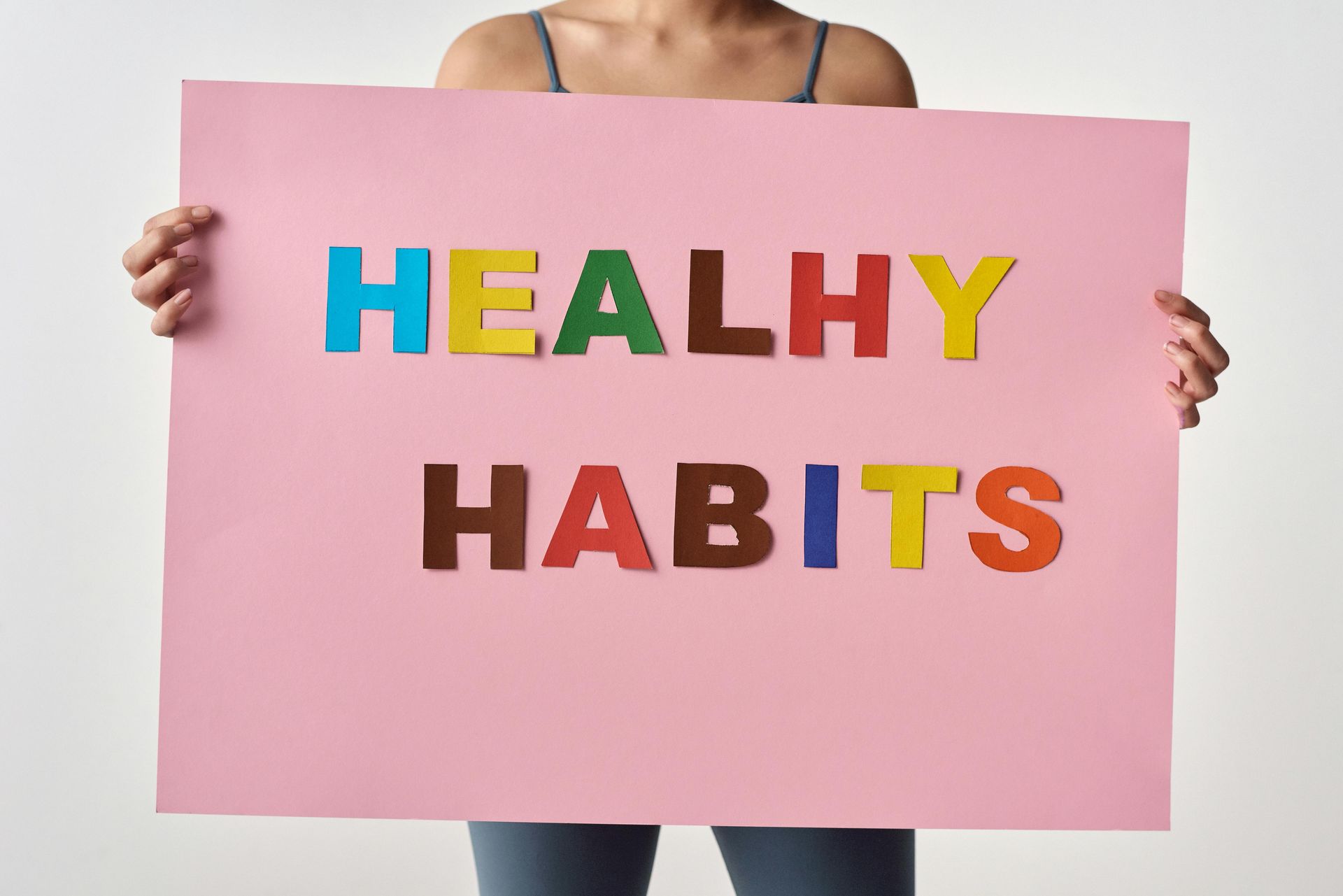How value-aligned goals can help you to achieve your health and wellbeing goals
Think back to the start of the New Year. Many of us have goals to improve our health and this includes weight loss, fitness, having a healthy diet, sleeping well, and to exercise more, but over a short period of time old habits start to kick back in. Emerging evidence shows that when your health and wellbeing goals are aligned with your personal values (what matters to you the most), you are more likely to achieve your long-term goals, even when faced with challenges or setbacks.
Why does this happen, you might wonder? Why is it that every year I set goals and have New Year’s resolutions, and by spring just struggle to achieve the goals?
Well, often we make the goal too hard for the brain to be able to manage and process the changes that are being made. We often don't realise the power of the brain when making health behaviour changes, but when we restrict or change an old habit too quickly, our brain struggles to either accept, maintain or adapt to the change.
Quite often we set the bar too high when we start to do something new by setting unrealistic expectations and goals, and not giving ourselves enough time to be able to undertake the activity to achieve the goal. For example, if the goal is too difficult to achieve, we may give up or reduce the effort in attaining the goal and feel like a failure by the end of January or February once we give up. For some, emotions such as guilt, shame, worry, sadness or even anger and frustration may start to show up, making it harder to keep on track and to stay motivated. It may be hard to believe, but taking a step back and re-framing and rethinking the way we set goals can help you to achieve your goals.
How? Well, by focusing on your values.
Our values are part of our identity and help to showcase what is important to us and what provides meaning in our life. Think of values as ingredients you need to follow in a new recipe, the result being delicious food which was the goal that you intended to achieve right at the start when you first started to make the dish. If the food tastes good, you tend to feel a sense of achievement and will be more likely to make the dish again.
A positive outcome on anything we do reinforces the action.
Let’s take the example of exercise. If you want to exercise because you value taking care of your body and being fit and healthy, you are more likely to create an exercise routine even if it means going for a short walk when you don’t feel like it, because exercise is an important value to you.
From my own clinical experience of working with private clients and patients in the NHS, I have found that when people use a ‘system’ to make health behaviour changes, such as following an evidence-based technique to change with support from a health psychologist or coach equivalent, and ensure they have created value-aligned goals, they are more likely to succeed and achieve their desired goal(s). Below is a sample of a system I have used with clients and patients:
- Self-monitoring: Mapping out what you do for every 24 hours for seven days a week; by monitoring what you're doing now it raises awareness of where the patterns are and what the areas are that may need changing.
- Planning and routine: These two factors are important in creating a system that enables the change to happen successfully.
- Creating value-aligned goals: Ensuring the activities that you wish to undertake are in line with what is important to you and what is meaningful to you in your life. Value-aligned goals also help you to prioritize your health and wellbeing in a way that feels meaningful and fulfilling to you.
- Action the goal(s): Really focusing and planning out how you're going to carry out each activity, when you are going to do them and identifying the potential barriers to you being able to action the goal or the plan and your method of overcoming the barriers.
- Review and maintenance: Reflecting on progress after a short period of time can help to make any adjustments needed and ensure that the goal(s) set are right for you. It can also help to identify any further information or support that’s needed to help you stay motivated and achieve your goal(s).
Remember:
- When we set goals and we achieve them and tick them off the list, we tend to feel good.
- As humans we love the feelings of achievement, progress and success!
- Setting value-aligned goals can empower you to stay focused and motivated to achieve and sustain your health and wellbeing goals.
If you are struggling to achieve your health-related goals or make changes to your lifestyle to improve your health or need a better routine to improve and create value-aligned goals to benefit your mental and physical health, please contact info@evokinghealth.co.uk.
Thank you for taking the time to read this blog.









